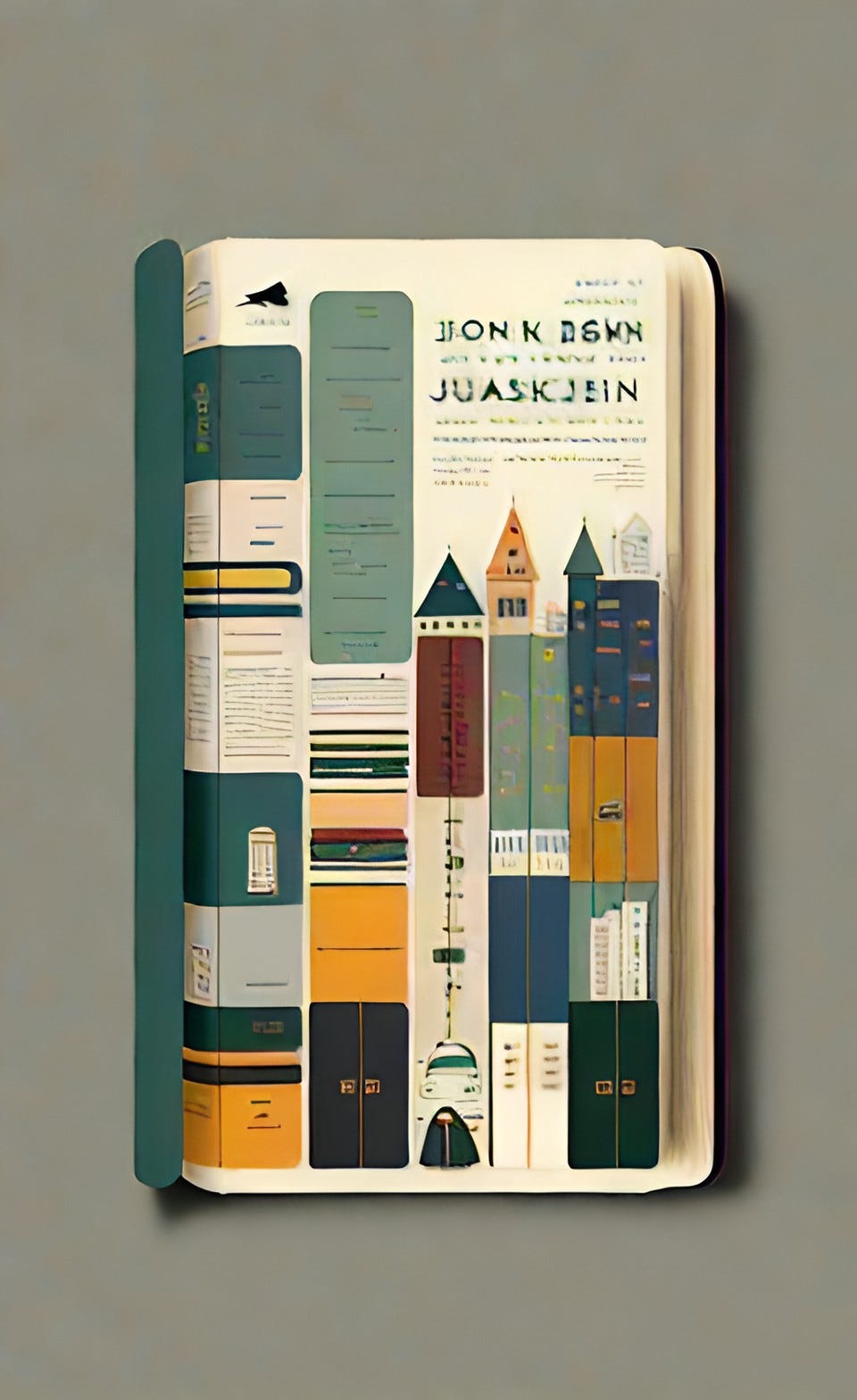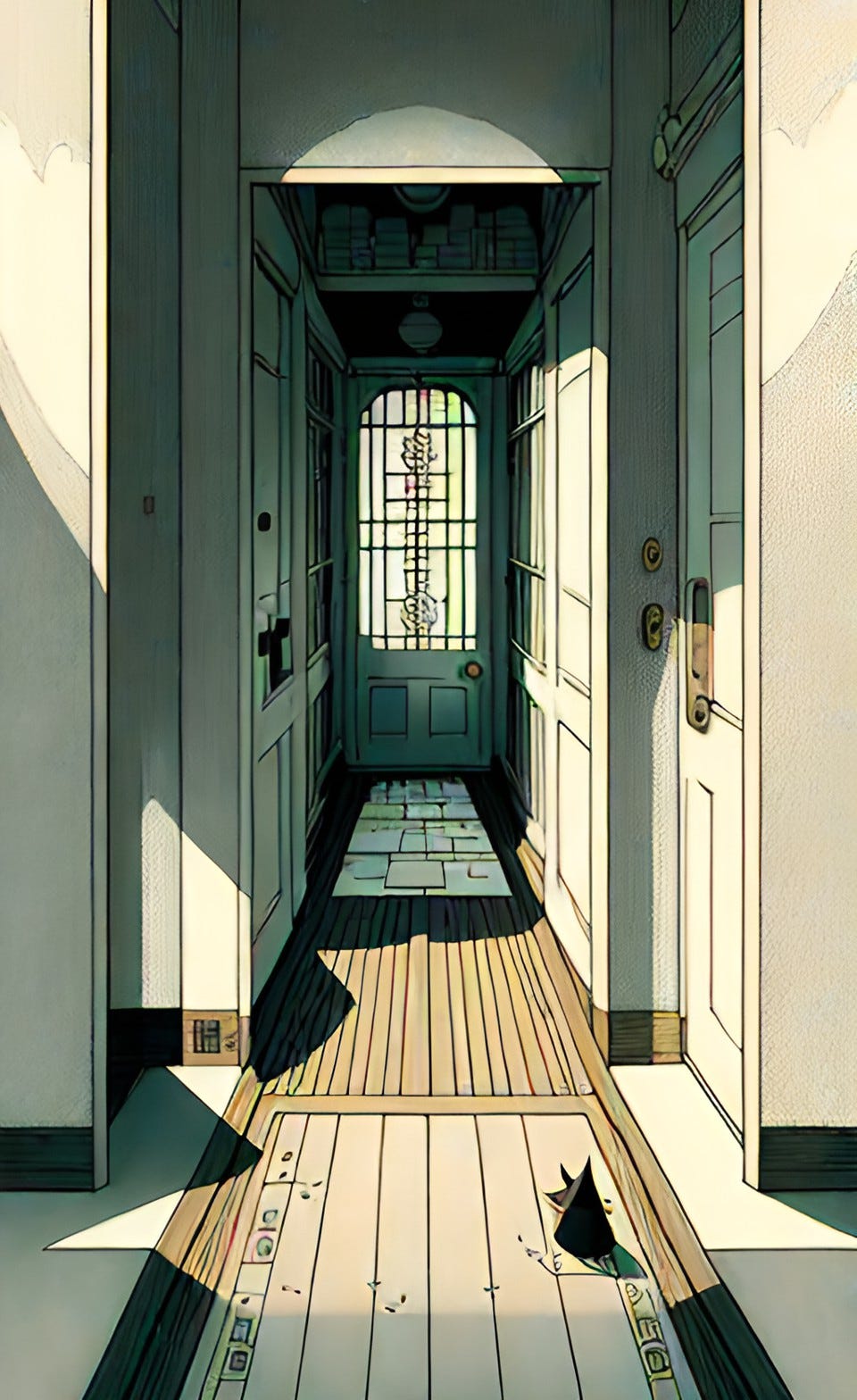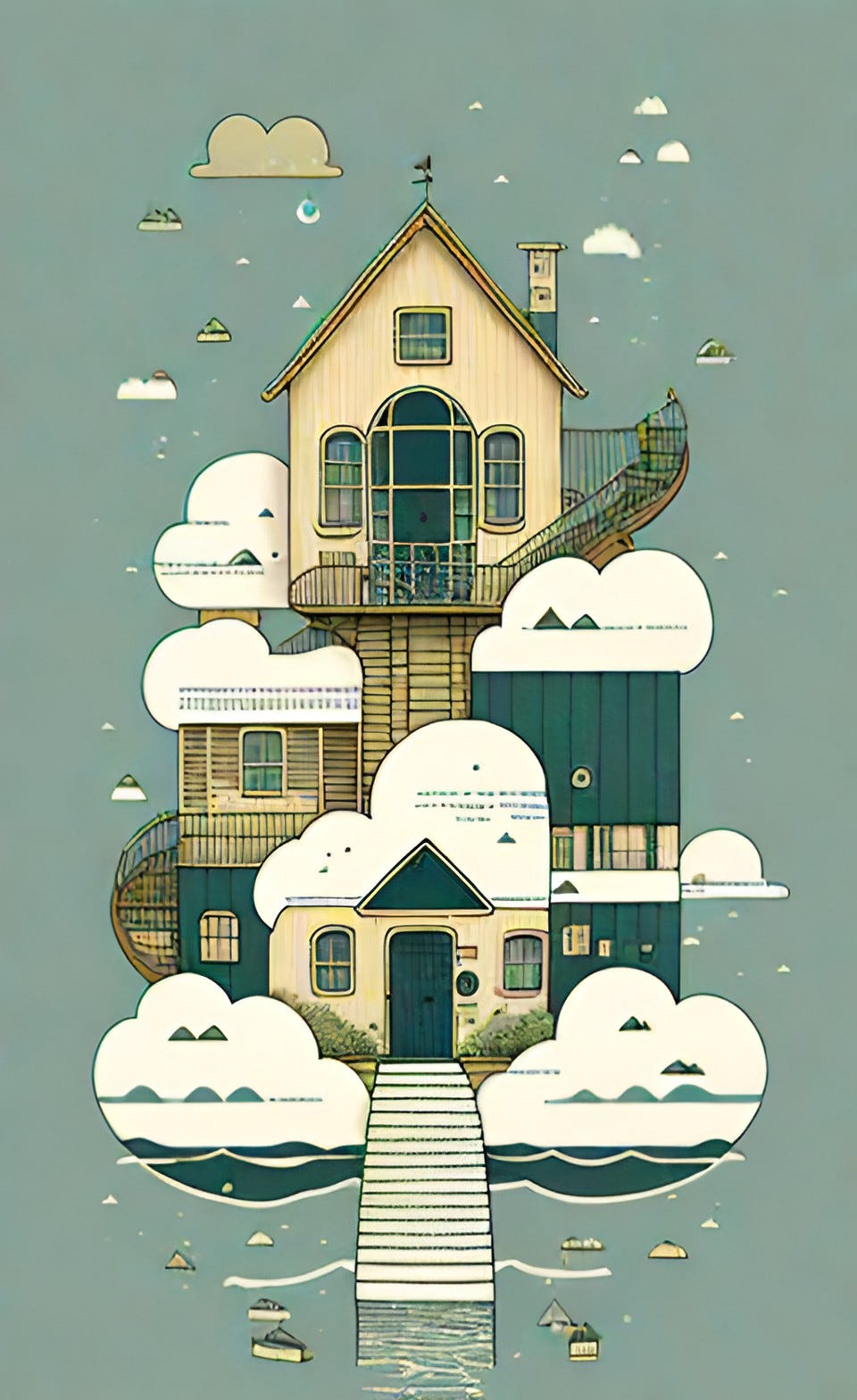Transmission 24.1: WORLDBUILDING COLLECTION: SPECULATIVE WIKI
Here come insights and behind-the-scenes from our futures practice! A glimpse into our uncommon perspective and approach, to keep updated or to know what to expect when time traveling with us.
Summer is a concept season at The Time Travel Agency:
Worldbuilding for adaptation.
In each broadcast of The Time Travel Transmissions two sections:
Worldbuilding Collection, our latest tools for worldbuilding.
Hyperlink Stroll, a chill summer activity inspired by The Wiki Game.
Concerned with the question 'How does Worldbuilding fit in a process of adaptation?' we’ll look into the worldbuilding that happens in our futuremaking.
What if the process of adaptation was pleasurable? The playful nature of worldbuilding is an opportunity to feel so– worldbuilding processes and tools teach how to access creativity and pleasure especially when we are stressed. What if by stepping into a future world we felt good about where things are going?
Our Nordic experiments embrace play and social participation while our American experiments focus on implementing, taking risk, and adapting fast. When play culture meets adaptation culture, there’s a lot to learn from each other.
Like open-heart surgery, making futures is invasive, yet our clients work from the assumption that their organization is going to make it.
Worldbuilding is a stage in our process that allows futures to be explored.
We make worlds so our clients feel what it’s like to live in and affect those worlds;
to feel agency.
These are behind the scenes of our most recent worldbuilding tools,
developed between Sweden and California this year
for organizations envisioning how to move forward.
These are the most recognized stages of our process:
Inside Worldbuilding is 'Speculative Wiki'
TOOL 1: SPECULATIVE WIKI
WHAT ‘SPECULATIVE WIKI’ IS
The inspiration behind Speculative Wiki came from an ongoing storytelling practice dating to 2007 called “La Biografía de lo que No” (something like “Biography of What Didn’t Happen”). For it, Joss would write detailed biographies of peers based in their riskiest life options (usually their favorite dreams); these were the options no one was going to take at the time of writing. Biografía led to many stories and life entries about lives not lived but wished to be lived.
Speculative Wiki is a worldbuilding tool revolving around the exploration of hyperlinked text and fabulous stories about the organizations of our travelers; it is a tool which allows for the creation of intricate and captivating alternative lives.
Together, we write stories about destinies and happenings in our clients’ worlds (a new character, a service, a product), including lengthy hyper details like event launches and guest lists, prizes won, news articles, interviews, scandals, philanthropy,…. like in a Wiki, everything gets hyperlinked.
Speculative Wiki allows for the rewriting of history, close to the case of the Zhemao user spending a decade re-imagining Russian history. This tool brings imaginative visions to a prototype, as people engage with and interact with these speculative worlds.
Speculative Wiki prompts writers and readers to consider the relevance and significance of different perspectives and visions. We found that this beloved tool leads to the creation of a dynamic and collaborative environment, where multiple narratives coexist (and are needed) to shape the unfolding universe.
The tool includes the experience of writing and the experience of reading.
WHAT ‘SPECULATIVE WIKI’ IS LIKE (FOR A READER)
Reading a Speculative Wiki is akin to stepping into the foyer of something familiar and venturing into the unknown through interconnected sub articles and related articles. As you navigate further away from your starting point, you embark on a journey where you cannot predict the ultimate destination.
It mimics the experience of exploring a building, similar to the enigmatic spaces depicted in ‘Piranesi’. Within Speculative Wiki, the reader encounters a diverse range of stories: some may be unremarkable, others might lead to dead ends, while a few hold surprises.
Once the experience of writing and the experience of reading are finished, the building of a world through the interconnected rooms creates a vast mini-universe with its own intricate elements that intertwine and ultimately lead to deciding what could (or should) be made possible. Questions like “What elements should have their own wiki?” and “Which events should link to each other?” provide answers that have direct meaning towards implementation.
Because it embraces the concept of multiple truths and divergent paths, Speculative Wiki infuses each hyperlink with the potential to unveil a new area in the evolving narrative. Every hyperlink becomes a doorway to further storytelling and exploration, enriching the immersive experience within its interconnected web of knowledge.
WHAT ‘SPECULATIVE WIKI’ FEELS LIKE PHYSICALLY
Speculative Wiki feels like an ever-expanding puzzle box. As you interact with the tool, you discover new compartments, hidden drawers, and intricate mechanisms.
As you navigate through this box, moving your fingers along the delicate hallways, you feel the texture and depth of the interconnected knowledge. You physically experience the excitement of unlocking new insights and possibilities. The puzzle box is dynamic, evolving as new ideas are added, creating an ever-growing labyrinth that reshapes as wished/needed.
A chill summer activity inspired by The Wiki Game for those taking it easier this season: in each broadcast, three links creatively related to worldbuilding, to hop from one to another in a breezy digital stroll.
On the next transmission: the NARRATIVE SHAPE tool and more Hyperlink Strolling. See you in two weeks!
And on LinkedIn and Instagram: MOVING DAY, a storyworld we built using IMPACT: Learning Edition, a game (from fellow inventors KnowledgeWorks in Pittsburgh) that ignites deep and systemic conversations about the future of learning, which we angled at the future of a city’s garbage economy.










